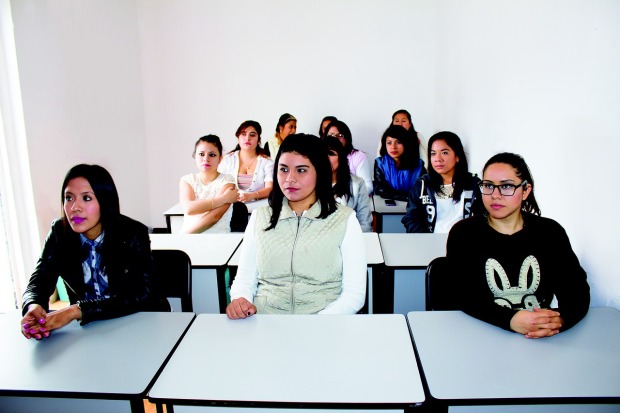Assessment is an ongoing process in which students are provided with feedback about their learning progress in a course. I give formal and informal feedback throughout my courses in order to steer students towards achieving each course’s learning outcomes. In so doing, my main concern is that students are progressing with their learning and development. For all of my courses, my aim is to a assess students according to the principles described below.
Increasing Challenge

Given that each session builds upon the previous session/s, my assignments become increasingly complex. Specifically, as each new topic is introduced, I can assess more topics. Therefore, my assessments integrate students’ knowledge, skills, and or abilities from each class, so that the subject is seen as one whole ‘super-topic’.
Formal Assessments

Formal assessments are evaluated by me and/or peer review. For instance, I am introducing coursework projects for one of my courses in which students’ must critique each other’s work. Here students grade for the project will be composed of their average grade from five peers as well as a grade for their critique. I also evaluate students in a variety of ways. For instance, I use traditional summative assessments such as MCQs and essay questions. But, I am increasingly using more formative assessments such as student learning portfolios and reflective essays, because I generally advocate for students’ development through a course rather than a ‘high-stakes’ exam.
Informal Assessments

As part of my instructional strategy, I use informal assessments to assess students’ quality of performance for any given activity. For instance, for group activities such as an in-class case study, students are encouraged to share their answers, which the entire class critiques. For informal assessments, I also use a variety of games to assess students’ learning – typically trying to gauge their learning before and then after class. Here, I use Kahoot!, Family Feud, Jeopardy, etc. For every class, I typically include some form of informal assessment following each learning objective.
